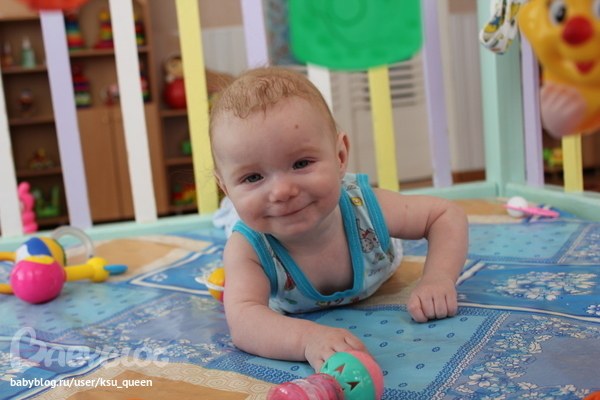The status of housing
According to current Russian law, the actual place of residence of the citizen do not necessarily coincide with the place of its registration. Same is the case with people who want to adopt a child: they need only confirm the very fact of having to constantly check, and it does not matter that they reside and intend to continue to live with the child elsewhere.
However, the fact that accommodation is also in need of confirmation. If a person rents an apartment, he must submit a lease contract for a period of not less than a year. If he lives with relatives, you must submit a written agreement from relatives for the right to use the housing. Of course, people rarely arrange their property relations in writing, but for such a case, the document will have to draw up and sign.
Permanent residence cannot be considered a suburban area, no matter how beautiful a home, Dorm room, or a temporary structure.
Sanitary standards
Whatever the rights or used the housing potential adoptive parent, it must meet sanitary standards.
To give the child a separate room, the law requires only in two cases – if the child is disabled or HIV-positive. In the absence of such circumstances, the authorities will require only conformity housing General sanitary standards established by local law. If the family already has a disabled child, a healthy adopted child should stay in the same room with him, especially if the disability relates to the psyche.
In some regions, set housing standards, not others. In the absence of such guardianship is premised on the norms of the earlier of 12 sq m per person, but even if this rule is not respected, the final decision rests with the court. If the court finds that the adoption meets the best interests of the child, the authorization may be given in the absence of the required number of square meters.
The apartment should be well-maintained, which is determined by the presence of sewage, heating, gas supply, water supply. In the living room should not be kept any substance polluting the air. Unacceptable littering and pollution of common areas, particularly stairwells.
A survey of the living conditions of prospective adoptive parents conducted by the Commission of the guardianship. In cases of dispute for the examination can be attracted by other organizations, such as the sanitary-epidemiological service.
